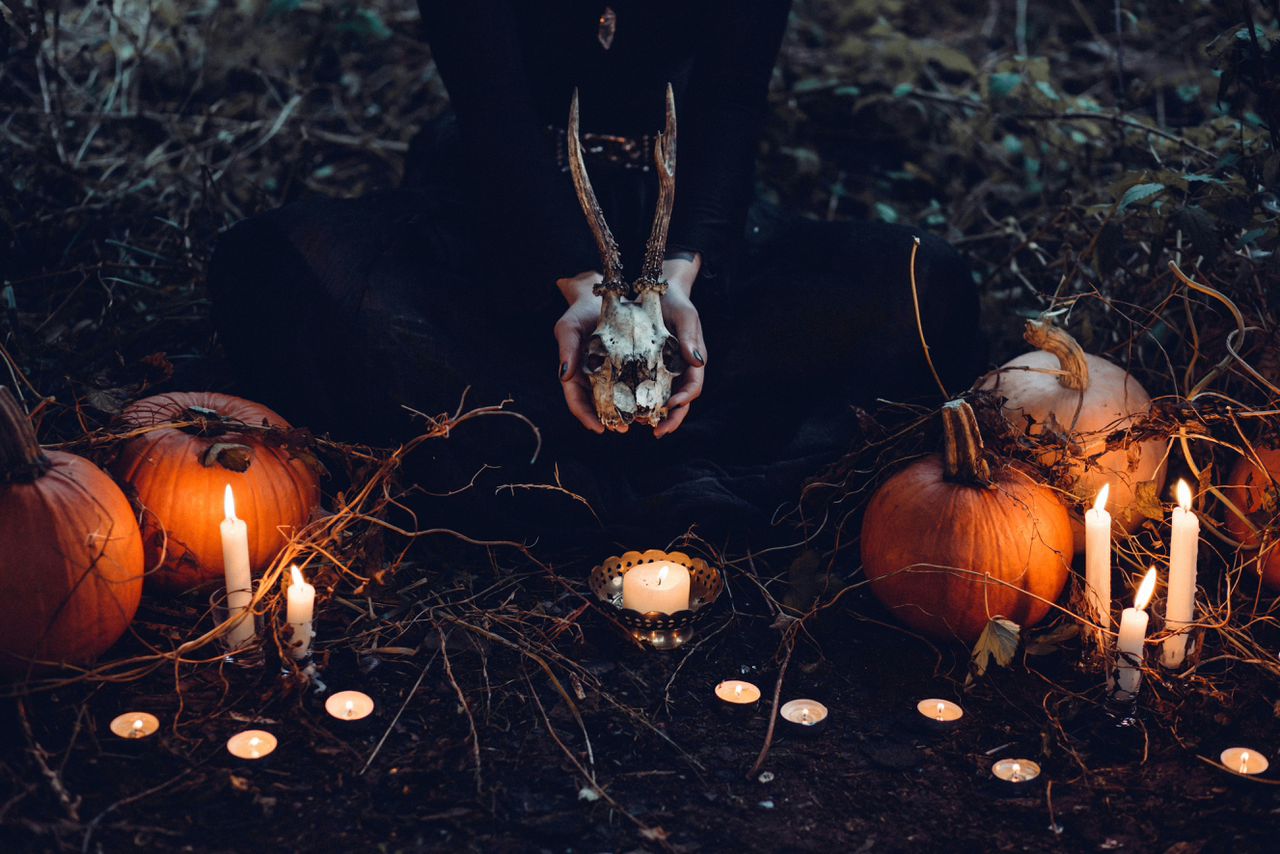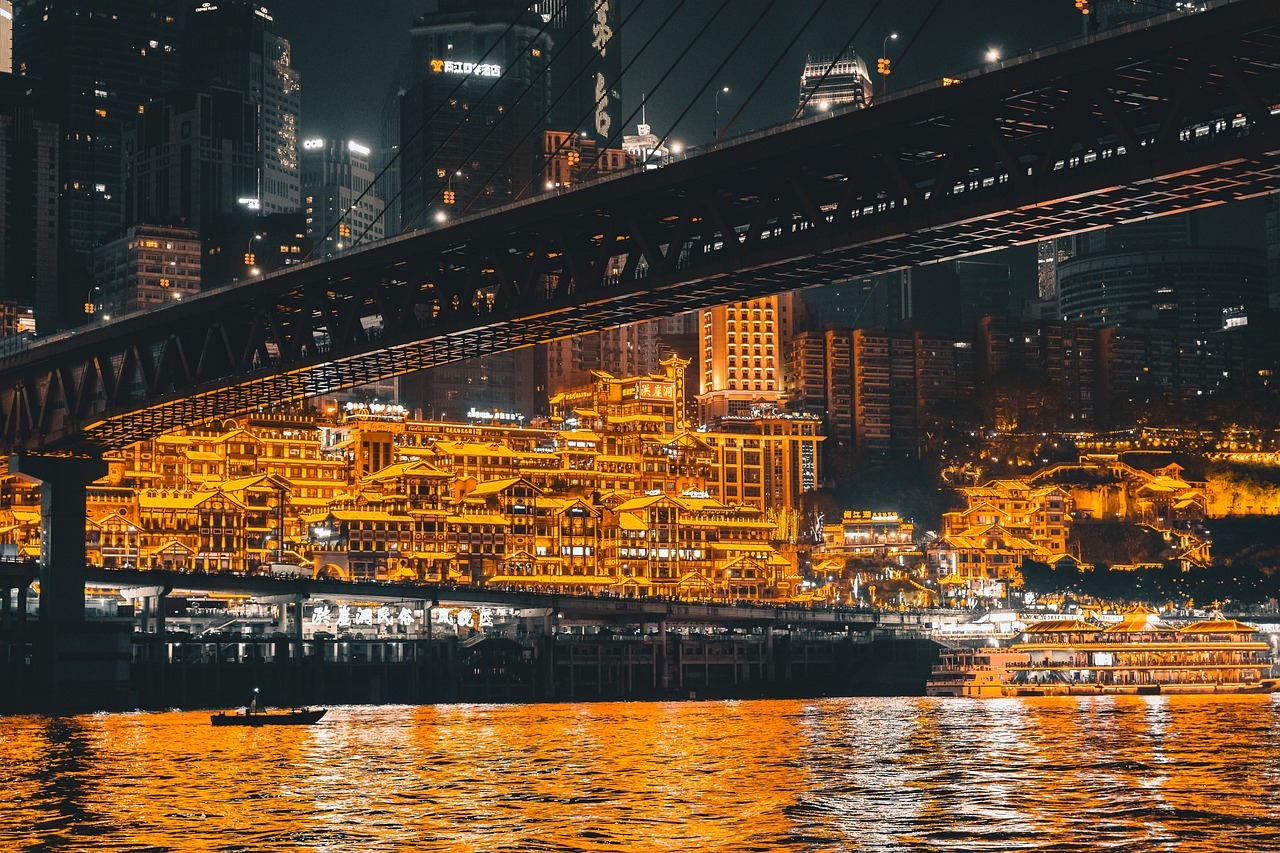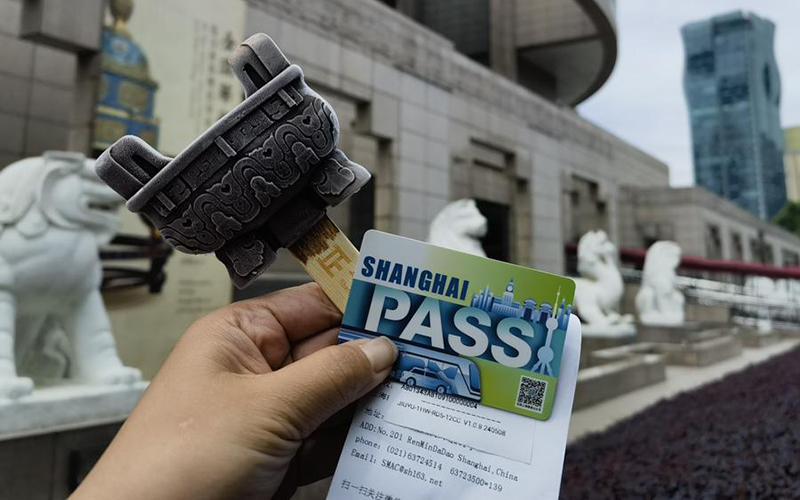3 UPCOMING FESTIVALS THAT YOU CAN ONLY EXPERIENCE IN JAPAN!
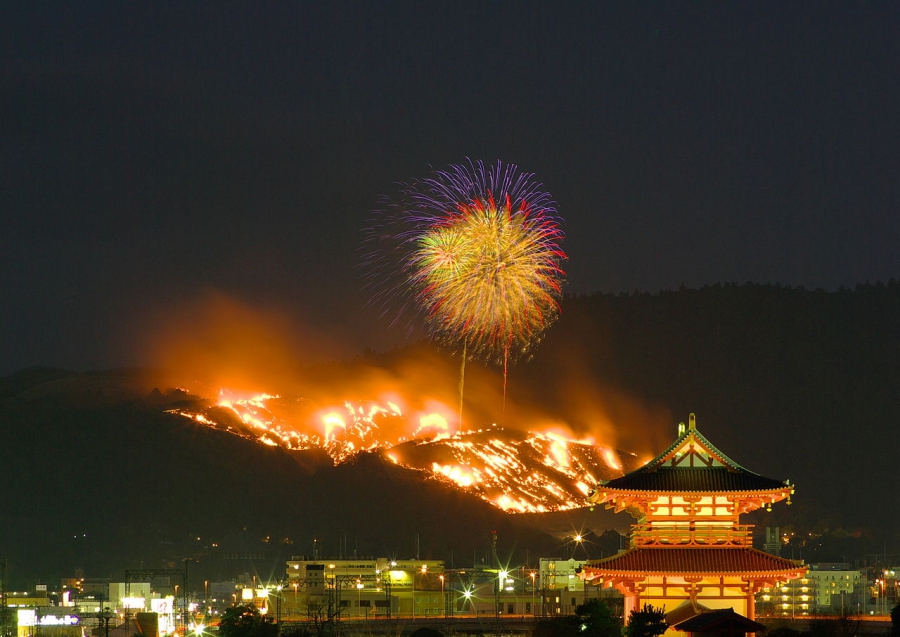
(Image source: Wikimedia Commons)
#1 Wakakusa Yamayaki (24 January 2015)
Nara, Japan
An entire hill is going on fire! This event originate due to the dispute over the boundaries of Kofuku-ji Temple located in Nobori Oji-cho, Nara City and Todai-ji Temple, which is famous for its Great Buddha statue in Zoshi-cho. The dispute got out of control in 1760, Mt. Wakakisayama was set ablaze as it was the reason for the conflict. Now, the mountain is burned as a cultural event and also to drive away wild boars or to exterminate harmful insects.
Other than watching the hills burning, you will also be enjoying a view of 200 fireworks launching to the dark sky. For a nice view, we suggest you secure a spot early around Nara City that faces the hill. Bring extra clothing or blanket as it’s going to be extremely cold and bring binoculars along.
For more info, visit this website.

(Image source: Art Gimbel)
#2 Sapporo Snow Festival (5-11 February 2015)
Sapporo, Japan
This is one of Japan’s largest winter events with estimated of two million visitors every year to see large number of impressive snow and ice sculptures lining Odori Park, Community Dome Tsudome and along the main streets of Susukino.
Is perfect for a family outing and couples to enjoy a new experience together. Few other things you could do would be casting your vote on your favourite sculpture, enjoy a good bowl of authentic hot ramen and see the ice sculptures lights up in the dark!
For more info, visit this website.
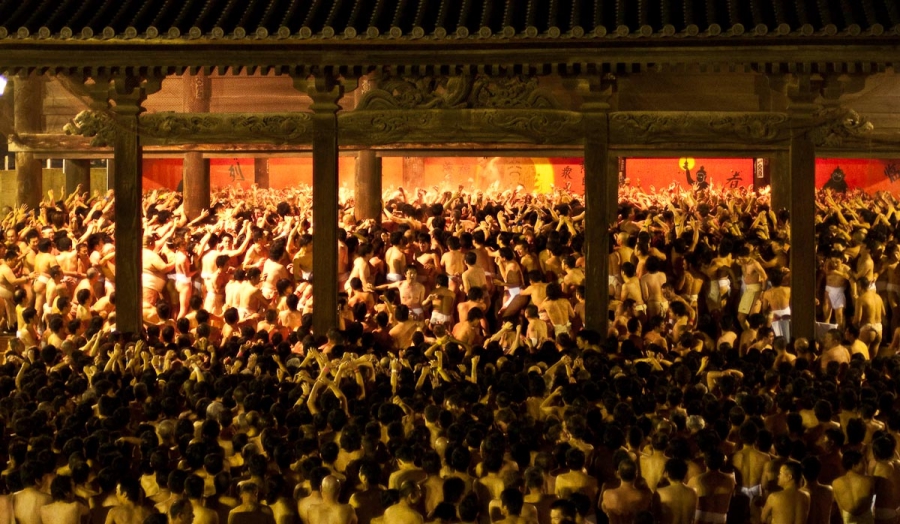
(Image source: Farmofminds.com)
#3 Hadaka Matsuri (18 February 2014)
Nara, Japan
Imagine, ten thousand almost naked men rushing from a ritual purification in frozen water to a Shinto temple to nab sacred sticks. Some say that this festival is so bizarre that you can only find it in Japan.
According to Shinto legend, there’s a belief that nakedness can absorb bad luck and evil. Thus, around the Nara period of 767AD when misfortune and disease plagued the region, a man from each village was forced to serve as a Godly Man. He will have to shave off all his body hair before walking into a crowd of eager villagers who believed that touching him would cast away all their troubles. After all that, the Godly Man is banished from the village along with the entire communities’ misery. This era, joining this festival is about the honour of achieving the shingi (sacred lucky sticks). Foreigners are welcomed to join but will have to abide to their rules, as it’s still an ancient, religious tradition.
For more information, visit this website.
 |
Editor JQ Lee talks and writes for a living. That's because she loves sharing interesting things to the world. With a Degree in Communication and Media Management, this petite Gen-Y will not stop chasing her passion in writing and broadcasting. She dreams to host a travel show and be a radio announcer someday, hopefully soon. Stalk this wacky fair Asian girl at www.jqtalks.com, Instagram and Twitter (@jqleejq)
|

